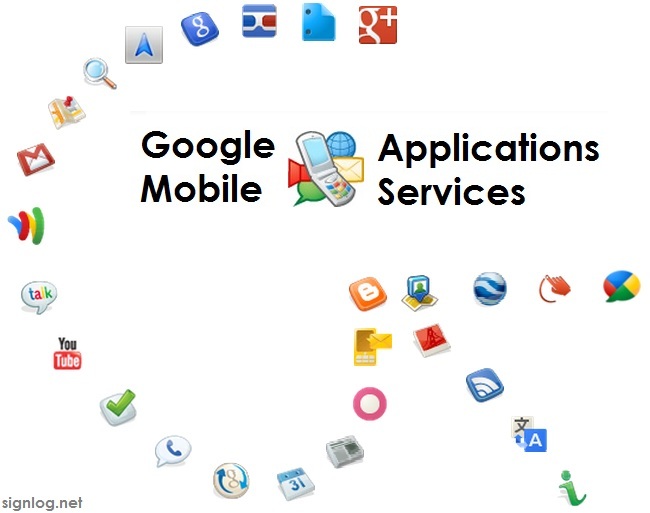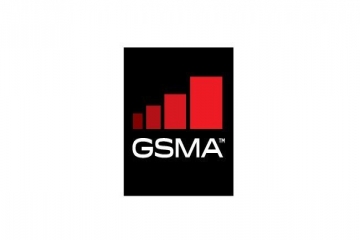Google confirms US mobile service
|
Google has confirmed that it plans to offer mobile services in the U.S. as a mobile virtual network operator (MVNO).
Unnamed source cited in a report by The Wall Street Journal in January said that the service, codenamed 'Project Nova', will see Google buy wholesale voice and data access to mobile networks operated by Sprint and T-Mobile.
Most MVNOs tend to offer niche or highly-targeted services that the mobile network operators (MNOs) would struggle to reach. However, with its strong brand and huge customer base, Google has the potential to become a serious rival to U.S. MNOs.
"We don't intend to be a network operator at scale," insisted Pichai on Monday.
Indeed, "the move is not about trying to take on the leading U.S. carriers head-on. After all, Verizon and AT&T have better distribution, handset vendor relationships, networks and deeper pockets," noted Scott McKenzie, director of consultancy Coleago. |
Google's senior vice president, during a keynote presentation at Mobile World Congress: "We have always tried to push the boundary with the innovations in hardware and software. We want to experiment along those lines". |
|
"An expensive battle with the carriers might cost it dear in terms of investor support," McKenzie warned.
"We are actually working with carrier partners," said Pichai on Monday. "We'll announce something in the coming months," he said, without naming the specific operator partners.
"We have many projects designed to help make [Internet] access ubiquitous and more seamless for people," said Google, in an email to Total Telecom. "Across all of them is a strong element of collaboration with carrier partners, as we believe no one company can tackle this problem alone." |
|
Google's annual EBITDA is around $22 billion mark, versus Verizon and AT&T EBITDAs of $36 billion and $41 billion respectively, adding that Google has much higher growth expectations to live up to than the telcos. |
Indeed, Google has undertaken a number of experimental projects in order to explore possible new methods of extending broadband coverage to unserved locations.In Kampala, Uganda, Google's Project Link is building a wholesale fibre network, for instance. It is also trialling a balloon-based broadband network called Project Loon, as well as Project Titan, which sees broadband coverage provided by solar-powered, automated aircraft.
In Kampala, Uganda, Google's Project Link is building a wholesale fibre network, for instance. It is also trialling a balloon-based broadband network called Project Loon, as well as Project Titan, which sees broadband coverage provided by solar-powered, automated aircraft.
TotalTelecom |






